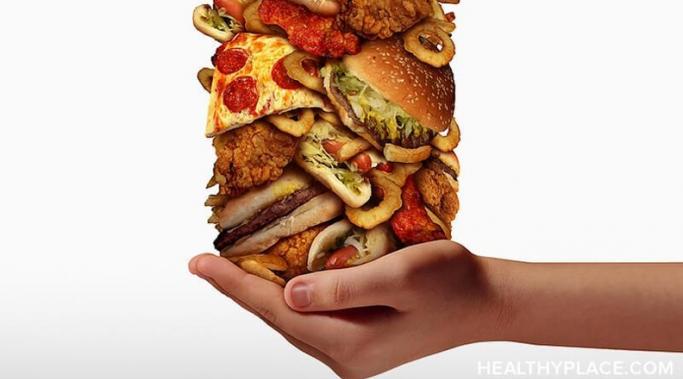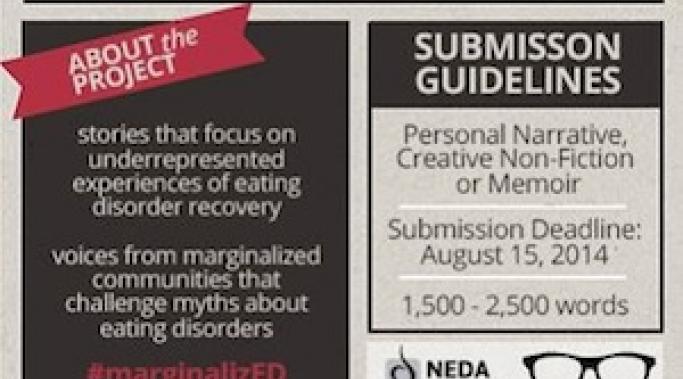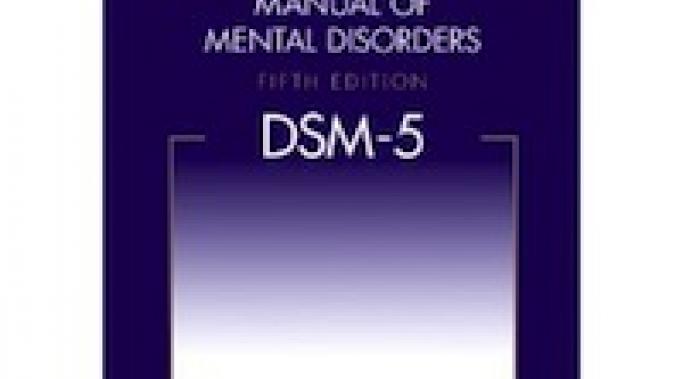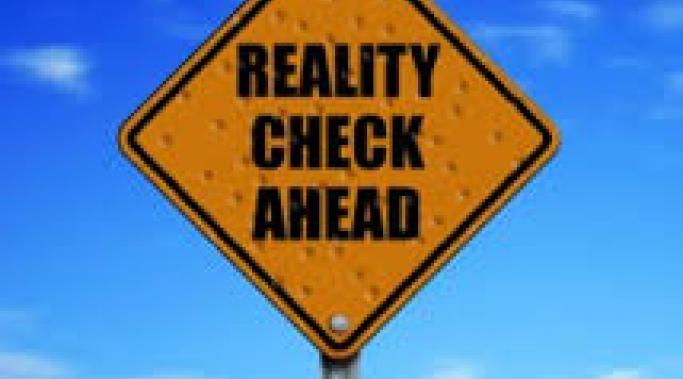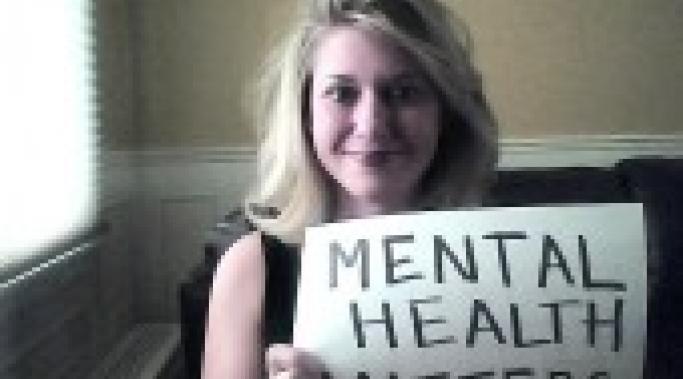Binge eating at night is a problem for just about everyone who has the luxury of steady access to food, whether they are in eating disorder recovery or not. However, for those of us in recovery, these nighttime binges can be detrimental to our progress.
Binge Eating Treatment
Why would anyone resist eating disorder recovery? Wouldn't eating disorder recovery be better than an active eating disorder? Afterall, when we think about eating disorders, the terms laughing, cheerful, bright, glad, or content don’t make the list. For those of us who’ve been living with our disorder for a while, there’s a helplessness, hopelessness and self-doubt, which kicks us down the stairs of depression with an eating disorder. We’re not stupid. We know we’re missing out on life. Yet fear pokes us with a sharp stick taunting, “What if you never recover? You’ll get fat. You’ll spiral out of control.” Terror of the unknown keeps us frozen in place, or moving with icy limbs. There’s a simple reason we resist eating disorder recovery. Once we hear it, eating disorder recovery won’t be the same.
When I first embarked on the long road that is recovery from anorexia, I did so half-heartedly. It was something I thought I "should" do, so I just went through the motions. I saw my therapist. I saw my dietitian. I went to a support group. But aside from that, very little changed.
As a voice for eating disorders awareness, education, and advocacy, I am glad to have a platform such as this blog where my voice can be "heard." Too often, popular media portrays a one-dimensional view of eating disorders. That said, I struggle with the fact that I am the exact stereotype that you see on television and in movies. I am a Lifetime Movie or After School Special waiting to happen. I am white, female, young, heterosexual, intelligent, middle class, and anorexic.
Not a day goes by without me feeling grateful about being able to share with you on this blog my lived experience with an eating disorder. The concept of giving back to others who stand where I once stood makes me very happy and truly helps me maintain my recovery.
In a lot of ways, the eating disorders section of the Diagnostic and Statistical Manual of Mental Disorders improved drastically in the 2013 edition (the DSM-5). Binge eating was given its own diagnosis, finally allowing millions of Americans to hear the "me too" of not being alone in their struggle. People were finally able to see that they were sick (and stop shaming themselves), which is a huge step in the road to healing. Unfortunately, I can't consider all of the changes in this most recent edit as progress.
One of the major adjustments I've had to deal with in the last 6 years since I've started recovery from bulimia, has been to accept and love how my body looks and feels without abusing it the way I did for years. Because I suffered from bulimia and not anorexia, it was easier to hide at the time that I was suffering from an eating disorder, because I still looked 'normal' and maintained almost the same weight for a few years.
I suffered from a mental illness for many years and at the time, felt powerless against it. My eating disorder, bulimia consumed every aspect of my life. Now 5 years into the recovery process, I stay recovered by maintaining a level of self-care that goes way beyond simply avoiding triggers and practicing coping skills. Without self-care, my recovery would be compromised.
I’m a foodie! I love food and I love cookbooks. I love my kitchen. Also, preparing food for the people I love knows no bounds! Let's pause for a second....I've also recovered from bulimia.
If this is your first time attempting recovery from your eating disorder, a lot of what an eating disorder dietitian will help you with is understanding why your body needs to be fed what it does. For a while now, your mind has convinced you that your body does or doesn't need that or fats are the devil or white bread makes you fat or whatever. None of it's true. Food is just fuel. And every macronutrient (protein, fat, carbohydrate) has a very specific purpose in your body -- you need all of them every day in order to maintain a healthy, functioning body and brain. The dietition you see in eating disorder recovery is an important person on your treatment team.
